

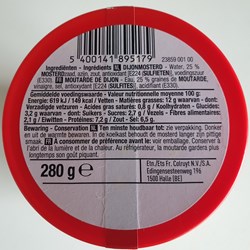
Food companies use additives in their products for specific functions, says FEVIA, the federation of the Belgian food industry. “Statements against 'ultra-processed' foods are often scientifically unfounded."
According to the European additives regulation, additives are any substance, with or without nutritional value, that is not usually consumed as food in its own right and is not typically used as a characteristic food ingredient. They are intentionally added for technological purposes in the manufacture, processing, preparation, treatment, packaging, transportation or storage of food, the result or likely result being that the substance itself, or a byproduct thereof, becomes a component, directly or indirectly, of those foods. Technical additives, such as flavours, vitamins and other nutrients are not considered as additives. They have their own regulations.
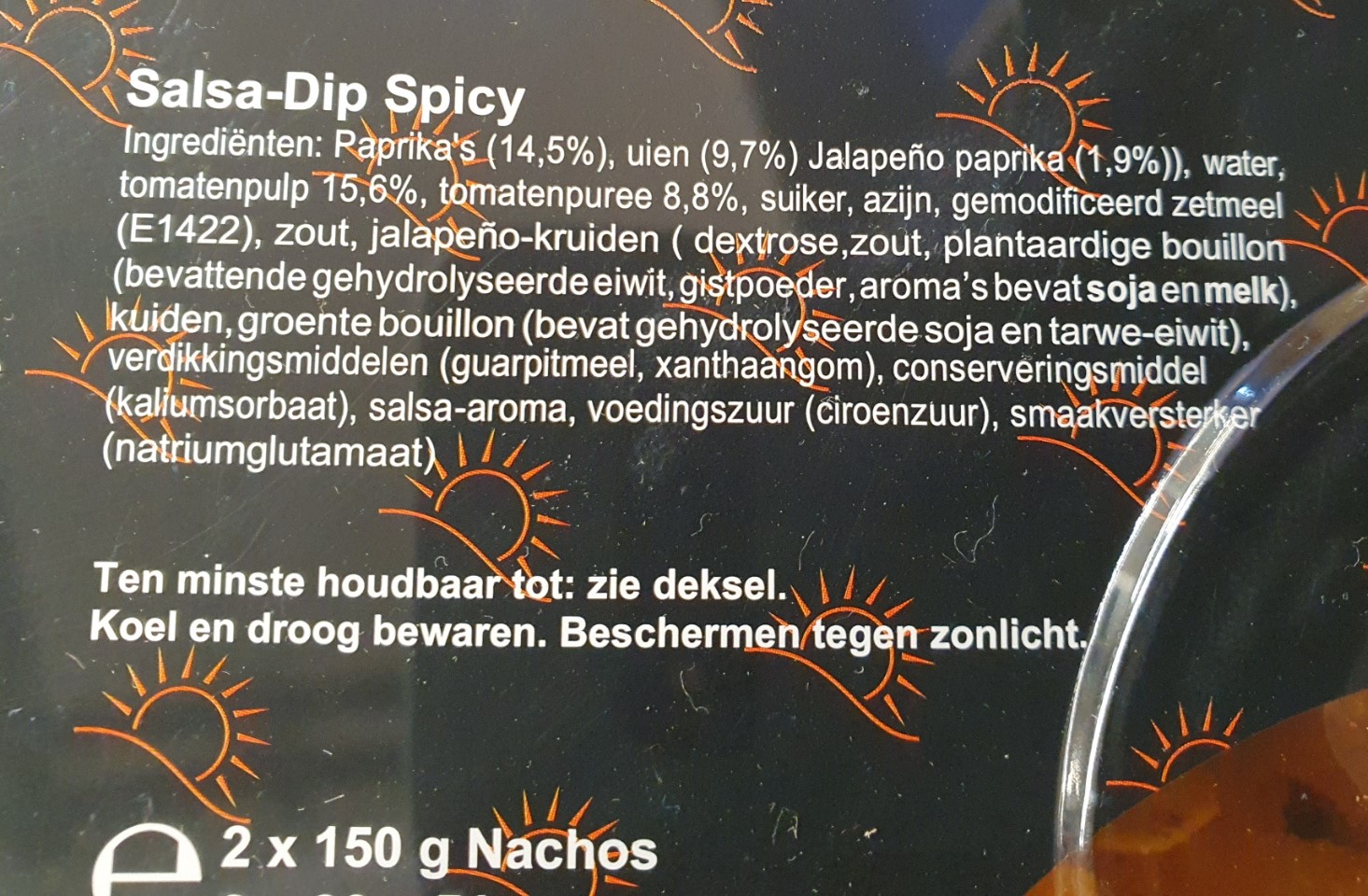
EFSA
Every additive used in food products is evaluated by the European Food Safety Authority (EFSA). Food safety is guaranteed, and their addition meets a specific need. “Ultra-processed food is the subject of much health research, but on many aspects there is still no scientific consensus," says Ann Nachtergaele, Food Production & Consumption Policy Director for FEVIA.
Processing
Almost all raw foods must be processed to be edible and palatable (such as grains), to ensure food safety (such as pasteurisation), or to be available all year round (such as canned, dried and frozen products). Processing methods applied to foods include cutting, pasteurisation, freezing, fermentation, cooking, baking and packaging. All of these processes are used, and not only in food companies but in the hospitality industry, food service and the kitchen at home.
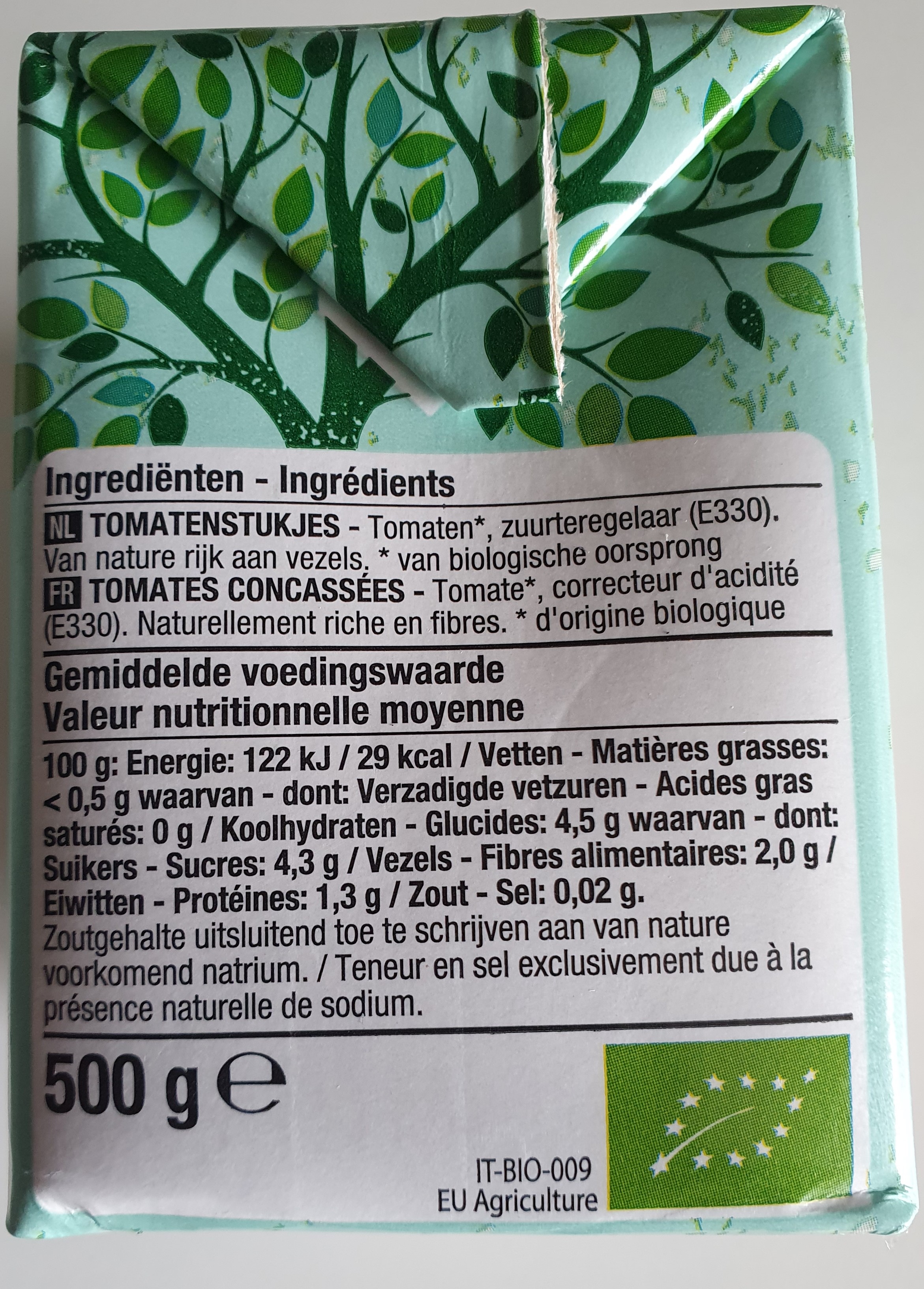
Dietary Recommendations
In its dietary recommendations for the Belgian population, the Food Based Dietary Guidelines (FBDG), the High Health Council in Belgium clearly states that, "there is currently no consensus on the classification of foods based on the degree of processing."
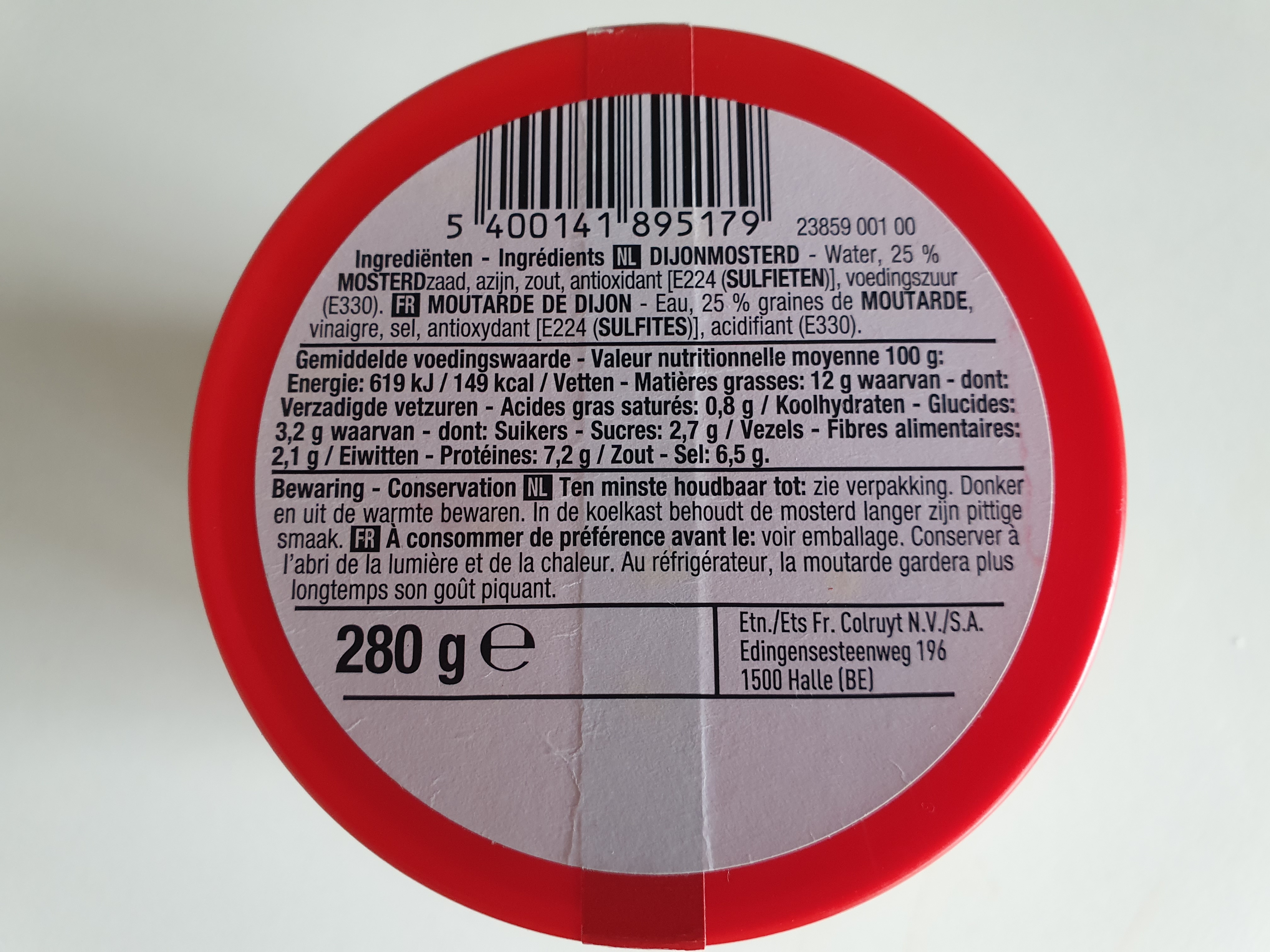
NOVA
According to FEVIA, the NOVA classification has not been scientifically validated and there is no universally recognised definition of 'ultra-processed foods' at the Belgian, European or international level. Since the development of the NOVA classification, a Brazilian initiative in 2009, the terminology surrounding 'ultra-processed' food has appeared everywhere. This classification divides foods into 4 categories based on the degree of processing. NOVA uses 4 categories, ranging from unprocessed or minimally processed foods to 'ultra-processed foods'. The classification does not take the nutritional quality of the food into account.

“It is always advisable to maintain a critical perspective on your own products and adjust them to contemporary needs where necessary”, emphasises Marijke Adriaens, CEO of frozen food company Fribona. “For consumers, taste is still the main consideration. It is essential to work towards a product that is, above all, tasty and visually appealing.”...
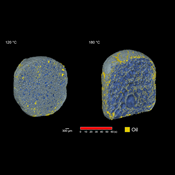
Scientists from KU Leuven have discovered how oil penetrates snacks during and after the frying process. Recent research findings point to advanced frying techniques that reduce oil absorption, as well as innovative methods to limit oil uptake during the cooling phase. This paves the way for the development of healthier snacks without compromising...
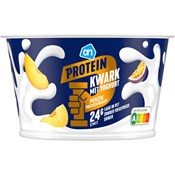
Food companies are increasingly targeting a wider range of consumer groups. Speaking at an event organised by Fenavian, Julian Mellentin of New Nutrition Business said this strategy offers significant opportunities to respond to the diverse health needs and interests of today’s consumers. “Consumers enjoy both animal and plant-based proteins”, he...

Backed by financial partners, Start it @KBC is launching the accelerator programme Scale it Agro, aimed at scale-ups offering sustainable and innovative agricultural solutions for agriculture and horticulture businesses. Kjell Clarysse, programme director at Scale it Agro, goes into more detail.